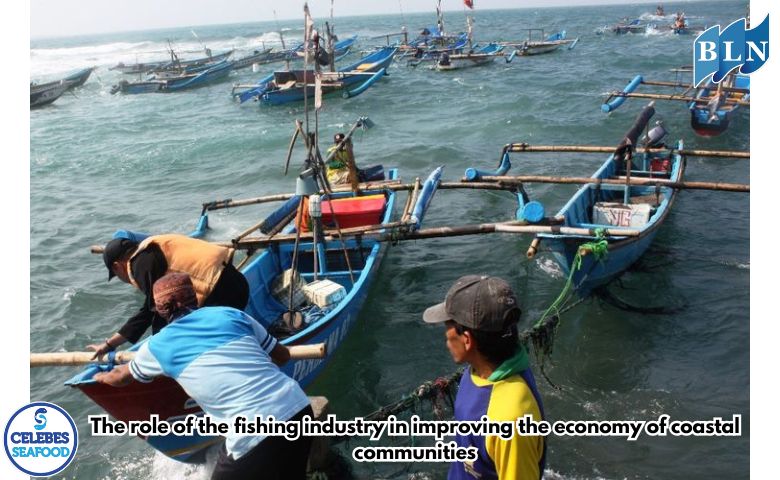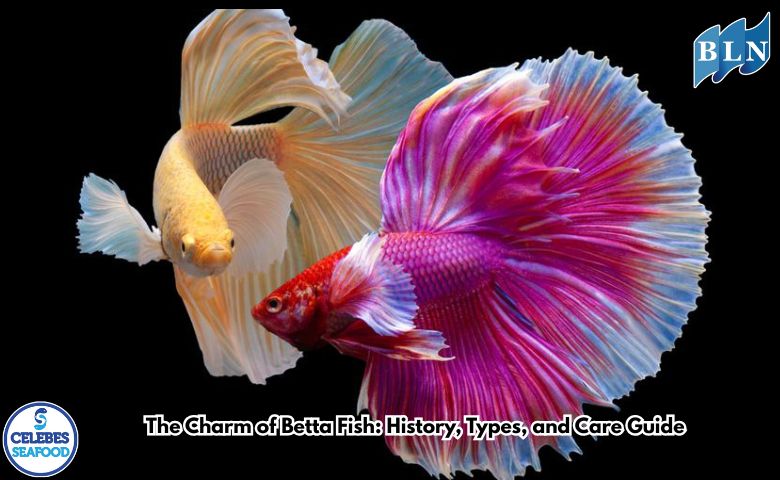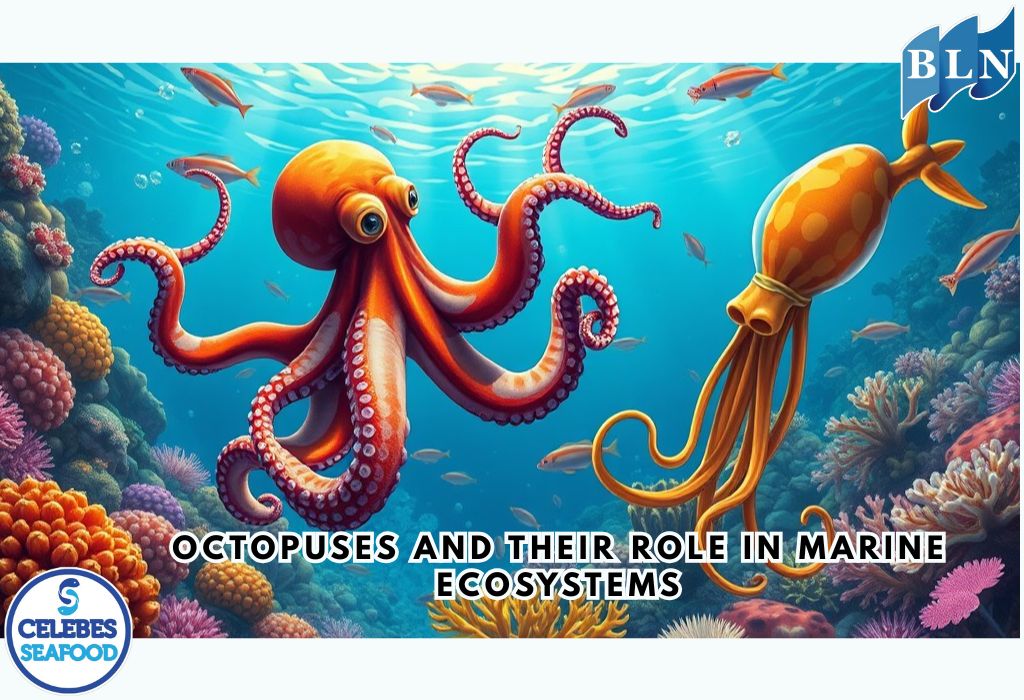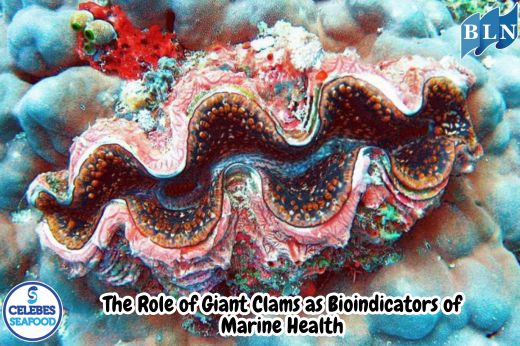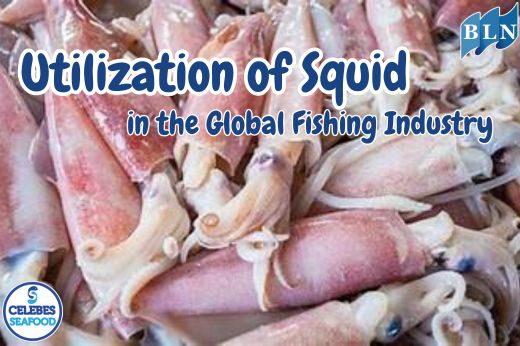The Threat of Plastic Waste to Marine Life and Fisheries
By. Alfian - 06 Aug 2025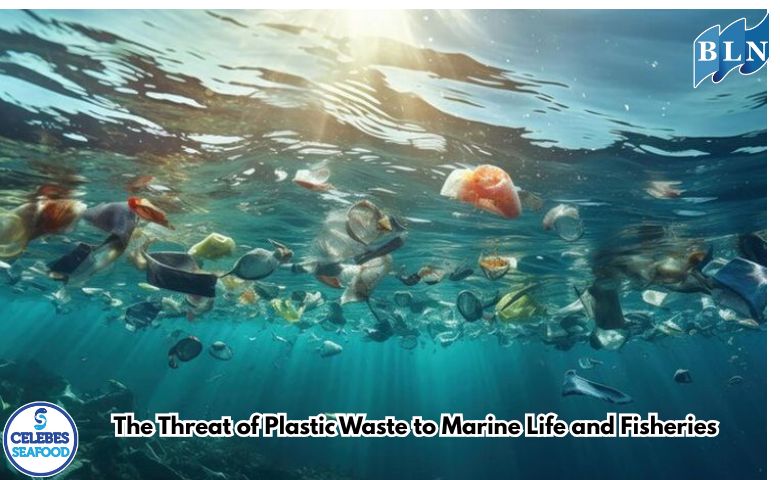
lautnusantara.com Plastic waste is one of the greatest threats to the global marine ecosystem. Carelessly discarded from land and marine activities, plastic enters the ocean in alarming quantities, causing serious impacts on marine life and the fisheries sector.
Impact on Marine Life
Marine life faces various risks from plastic waste, both in macro (large) and micro (small) forms.
- Entanglement and Strangulation: Many marine animals, such as turtles, dolphins, and seabirds, become entangled in discarded fishing nets or plastic ropes. This entanglement can cause serious injuries, restricted movement, and even death from asphyxiation.
- Ingestion and Starvation: Marine animals often mistake plastic waste for food. For example, turtles often swallow plastic bags because they look like jellyfish. Ingested plastic can block the digestive tract, creating a false sense of fullness, and causing the animal to starve to death.
- Chemical Pollution: Plastic contains toxic chemicals, and over time, it also absorbs pollutants from seawater. When animals ingest plastic, these chemicals can enter their bodies, causing hormonal disruption, reproductive problems, and a weakened immune system.
Impact on the Fisheries Sector
The threat of plastic waste also directly harms the fisheries sector, both economically and sustainably.
- Damage to Fishing Gear: Fishermen often experience losses because their nets and other fishing gear become entangled in plastic waste. This not only damages expensive equipment but also reduces fishing efficiency and wastes time.
- Decreased Fish Quality: Fish caught may be contaminated with microplastics. Consumers are becoming increasingly aware of this issue, which can reduce demand for fish and affect market prices. Poor fish quality also damages the reputation of the fishing industry.
- Disruption of Fisheries Ecosystems: Plastic debris covering the seabed can damage important habitats such as coral reefs and seagrass beds, which are the breeding and feeding grounds for many commercial fish species. This habitat destruction ultimately reduces fish populations.
Mitigation Efforts and Solutions
Addressing the problem of marine plastic waste requires collaboration from various parties.
- Reducing Single-Use Plastic Use: Reducing the production and consumption of single-use plastic is a crucial first step.
- Better Waste Management: Governments need to improve waste management systems, including recycling and safe disposal, to prevent plastic from leaking into the environment.
- Coastal and Marine Cleanups: Beach cleanup campaigns and marine debris removal programs by fishing communities and volunteers can help reduce the amount of waste.
- Public Education and Awareness: Raising public understanding of the dangers of plastic waste is crucial for changing behavior and encouraging active participation in maintaining ocean cleanliness.
With coordinated action, we can protect marine life and ensure the sustainability of the fisheries sector for future generations.
If you are interested in our Barramundi Fillet Skin On / Barramundi Fillet Skinless Tyger Style, Barramundi Fillet Skinless Tiger Styleplease do not hesitate to contact us through email and/or whatsapp.
